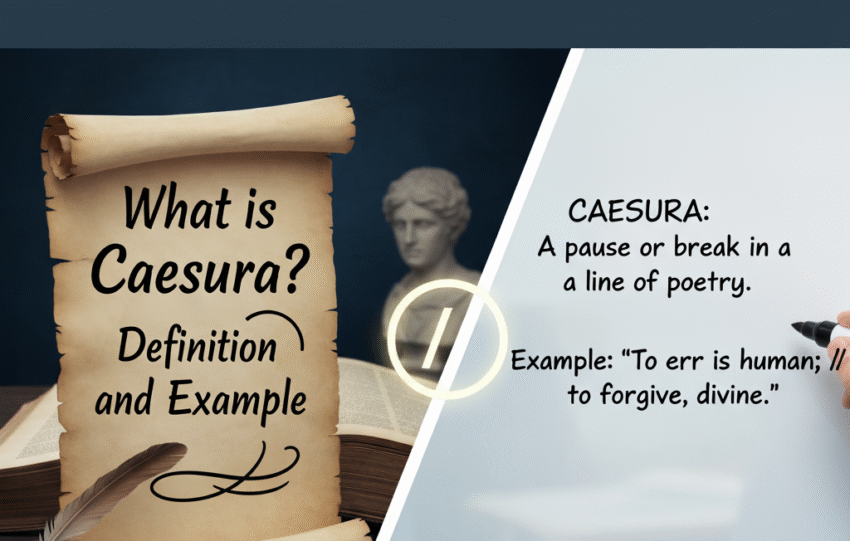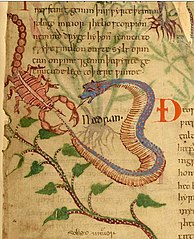
The experiences of the clerk before and after superannuation in Charles Lamb’s essay “The Superannuated Man”
Charles Lamb’s “The Superannuated Man” deals with the experiences of a clerk, his sufferings and anxieties during the long thirty-six years of his life as an accounts clerk, and also his deliverance and carefree mood during superannuation. He had to join his office in the Mincing Lane in his early youth, abandoning the sports and vacations of school days, and had to work often even ten hours a day at the counting house. Though the transition at the age of fourteen was extremely painful, he became gradually doggedly contented like wild animals in cages. He had very few holidays- a day at Easter, a day at Christmas, and a full week in the summer, besides the usual Sundays. He could hardly enjoy his Sundays because they were not suitable for unbending and recreation. He missed the prints, the pictures, and all the glittering and succession of knacks and gewgaws around the city streets. Moreover, the eternal church bells depressed
him.
He could not enjoy, to his satisfaction, the other holidays as well because of his restless pursuit of pleasure and wearisome anxiety to find
out how to make the most of them. Still, it was the prospect of the recurrence of the week of holidays in the summer that gave him strength
to sustain his thraldom. The rigours of attendance in office and his strange anxiety during other times affected his health adversely. Horrible nightmares concerning imaginary false entries, errors in his accounts, and the like flagged his good spirits, and the trouble was legible in his countenance.
His colleagues would often question him about his bad looks. One day, Lacy, the junior partner in the firm, taxed him with his disturbed looks, and he made a frank confession of his infirmity. After that, he had to suffer miserably for a whole week, apprehending his dismissal from service on the ground of incompetence. He was summoned on 12 April to attend the august presence of the whole assembled firm in the formidable back parlour, and thought that the time of his dismissal was surely coming. To his utter surprise, however, he was offered relief from service with a handsome pension for the rest of his life, amounting to two-thirds of his accustomed salary. He was so overwhelmed at this magnificent offer that he could only stammer out a bow and went home forever. Thus, he was emancipated in the long run from soul-killing monotony for six and thirty years in the counting house.
But immediately after release, during the first fortnight, he felt practically stunned. His condition was, indeed, like that of a prisoner in
the old Bastille suddenly let loose after forty years of confinement. He felt that he was passing out of Time into Eternity and developed some strange fantasies. One such was that a vast track of time had intervened since he quitted the counting house, and all his desk fellows were dead by now. To dissipate this awkward feeling he paid several visits to his old office, but could not get back the old familiarity with his ex-colleagues despite best efforts on the part of all concerned.
Ultimately, however, he could restore a calm of mind, the initial excitement of the unexpected release being over. He could now move
about anywhere at his own pleasure. He could see the Elgin marbles during office hours or walk along the cheerful pavements of Pall Mall,
a road in the fashionable quarters of London. He lost his previous discriminating attitude to the days in the week, and felt that a magic
charm had washed that Black Ethiop-Monday-dazzling white. He even enjoyed Lucretius pleasure to behold the poor drudges caring and
fretting like horses in a mill. He had the fancy to christen his son Nothing-To-Do, if even he had a son of his own. He now became an
ardent advocate of the life of contemplation and came to hate all kinds of serious work. People would easily identify him now by his vacant
face and careless gesture, walking about at no fixed pace or with no settled purpose. He learned from other people that he even developed a calm and dignified air in his movement and countenance. He was pleased to conclude: “Opus operatum est” i.e., he had done the work allotted to him, and had the rest of the day to himself.




